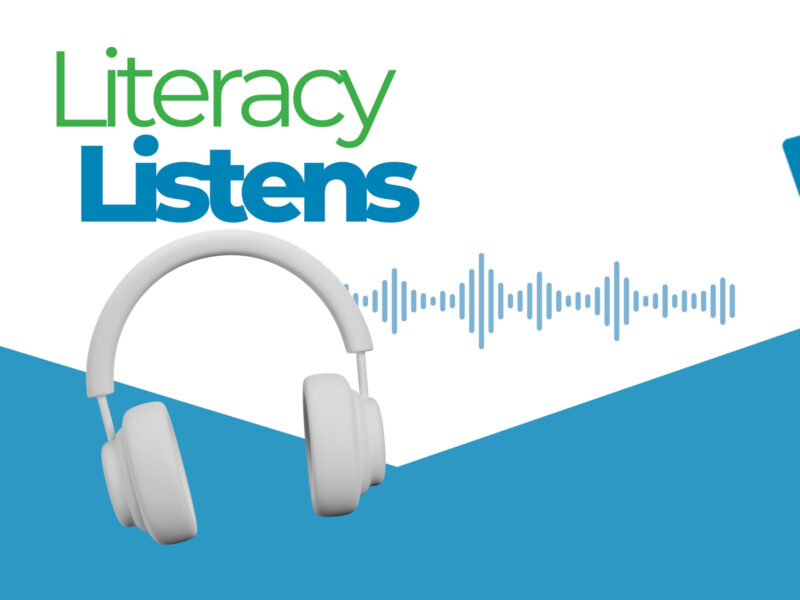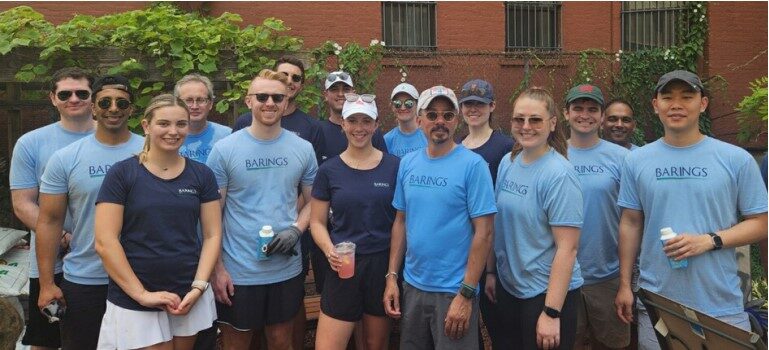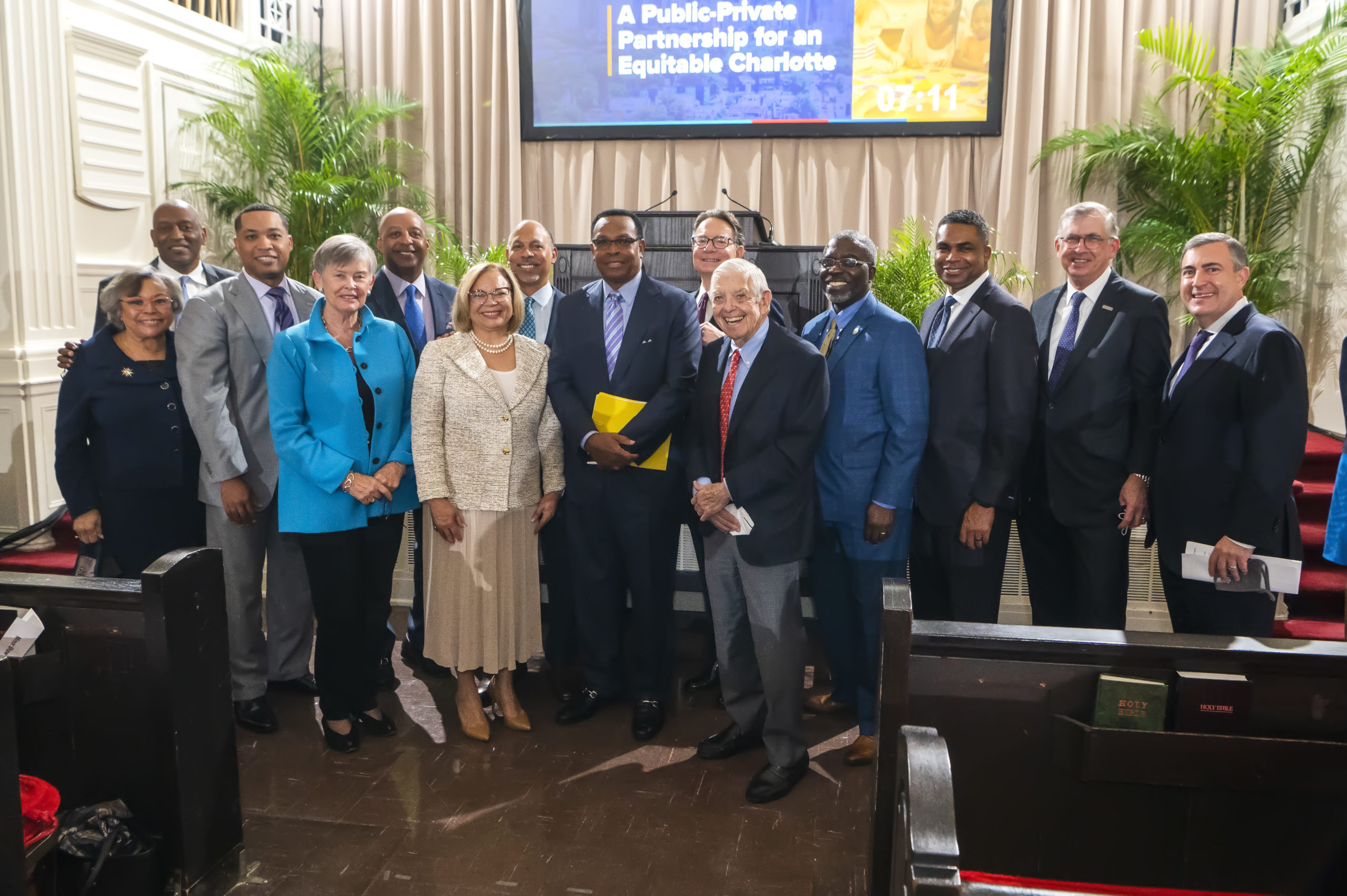
A Bold Vision for a More Equitable Future
History will remember the summer of 2020 as a turning point for our nation and our community. The murder of George Floyd and other violence against Black people, along with the disproportionate effects of the pandemic on communities of color, brought centuries-old racial inequities to the forefront of our national conversation.
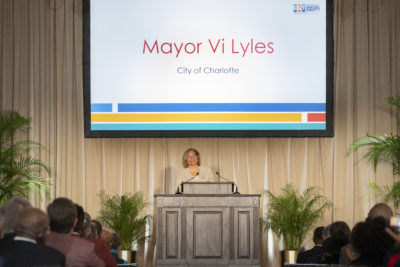
Mayor Vi Lyles addressed the crowd at the Mayor’s Racial Equity Initiative launch on the campus of JCSU.
Mayor Vi Lyles responded with the Mayor’s Racial Equity Initiative, a bold vision to establish Charlotte as the national standard for racial equity in the United States, using the tried-and-true blueprint our community has so often followed to address key issues –- rallying the private and public sectors to work together to create lasting change.
The Charlotte Executive Leadership Council, a collection of local CEOs and other leaders working to address major civic issues, answered the initial call from Mayor Lyles. A corporate response team was established, led by Malcomb Coley, US central private leader and Charlotte managing partner of EY, and Janet LaBar, president and CEO of the Charlotte Regional Business Alliance. LaBar and Coley led more than 90 business and community representatives over 18 months to identify and create strategies for four key bodies of work, or “workstreams,” that are critical paths for addressing racial equity issues in our community.
For example, 14% of Mecklenburg County households – or 55,000 homes – do not have access to internet services. This lack of connectivity, which disproportionately affects people of color, creates enormous barriers for families to conduct such essential tasks as applying for jobs, researching for school projects and banking online. And, so, bridging the digital divide – through ensuring access to devices, internet and training, efforts supported by the new Center for Digital Equity – is among the four workstreams identified as priority areas.
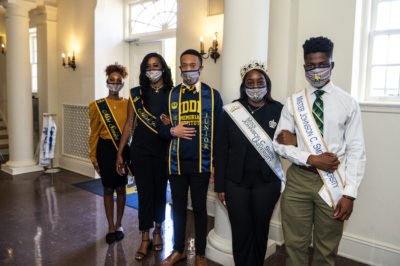
JCSU student ambassadors helped welcome the audience at the initiative launch.
The remaining three workstreams include:
• Investing in Charlotte’s six “Corridors of Opportunity” neighborhoods by providing capital to Black and Brown business owners and creating more livable neighborhoods
• Transforming Johnson C. Smith University – Charlotte’s only Historically Black College/University – into a top-tier, career-focused HBCU
• Catalyzing companies to commit to racial equity through advancing more Black and Brown leaders, fostering a diverse pipeline of talent and ensuring minority-owned businesses are well-represented in supply chains
Of course, advancing this work of this scale requires significant financial investments. Foundation For The Carolinas was asked to lead a $250 million fundraising campaign to engage corporations, foundations and individual philanthropists, as well as public funding partners.
The initiative was publicly announced on Nov. 1, 2021, at a gathering on the campus of Johnson C. Smith University. That day, 19 funders from the public and private sectors made public commitments totaling $196 million toward the campaign – nearly 80% of the goal.
The lead private-sector gift – $40 million from The Duke Endowment – will be directed to supporting the transformation of JCSU. The City of Charlotte leads public support with $72 million in commitments toward the digital divide and corridors of opportunity. Of the $250 million the initiative aims to raise, 84 percent will be in the form of charitable gifts and grants, as well as public dollars. Sixteen percent will be comprised of low-return debt and equity for investments in Charlotte’s corridors of opportunity.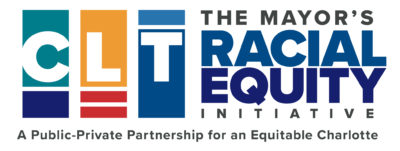
Accountability is a key tenet of the initiative. Mike Lamach of Trane Technologies (the current chair of CELC) and Malcomb Coley (2022 chair of the CLT Alliance) will serve as co-chairs of two oversight boards that will review benchmarks and authorize funds to be released to each workstream, periodically. Dollars raised will be held in a fund managed by FFTC, and the Charlotte Regional Business Alliance will support the Oversight Boards and regularly report on the initiative’s progress.
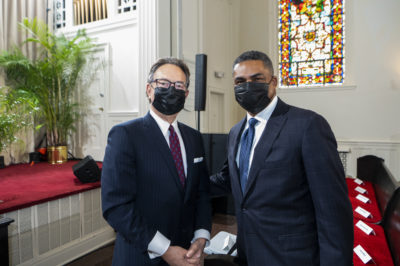
FFTC President and CEO Michael Marsicano poses with Kieth Cockrell, President of Bank of America Charlotte, at the launch of the Mayor’s Racial Equity Initiative.
For more information, including a complete list of funders, visit EquityCLT.org.
Follow progress at:


